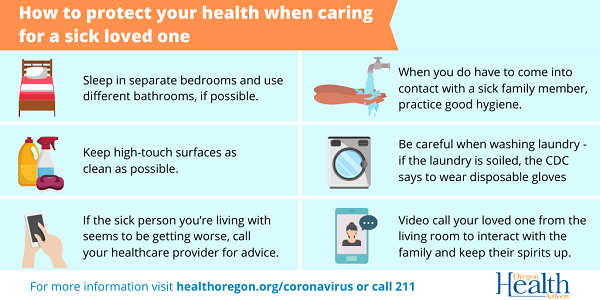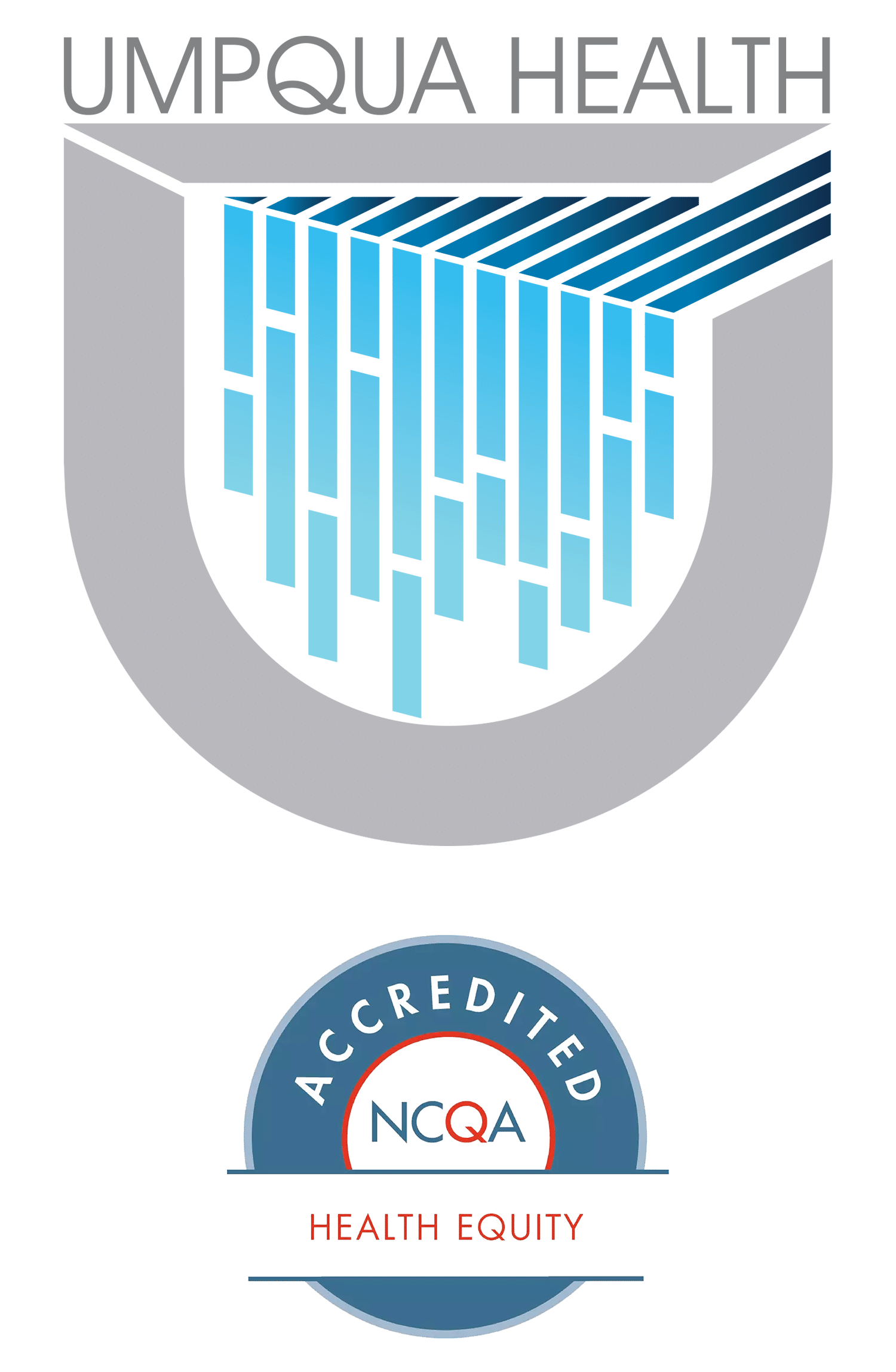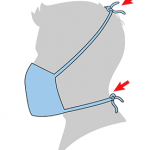Helping a loved one safely recover without putting yourself at risk

While COVID-19 is very serious and potentially deadly for people in high-risk categories – the elderly and those with underlying health conditions – most people will recover at home. This means exposure for family members who care for them, and the potential to carry the virus outside the home.
When caring for someone with COVID-19 symptoms, here are a few guidelines to remember:
- Know the signs. Keep a timeline of symptoms, including fever, cough, and shortness of breath. If you think you or a loved one may have been exposed to COVID-19, contact your health care provider and keep their number handy in case symptoms get worse.
- Follow the doctor’s orders. Consult a health care provider and administer medicine, whether prescription or over the counter, as needed. Allow the patient to rest and stay hydrated. Contact the doctor if their condition doesn’t improve.
- Keep your distance. When possible, use separate bedrooms, bathrooms and eating areas. Have the patient wear a mask when around other people unless they are under 2 years old, are having trouble breathing, or are unable to remove the mask without help.
- No sharing. Limit your exposure by not touching personal items like dishes, bedding or electronics that haven’t been cleaned and sterilized. Always wash your hands after interacting with the person and use gloves when possible.
- Keep it clean. Disinfect high-touch surfaces every day, including doorknobs, light switches, desks, faucets, and electronics. The person who is sick should clean their own space if possible. Wear disposable gloves while doing laundry.





